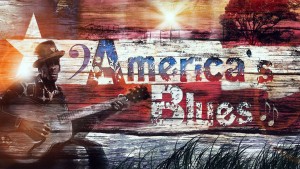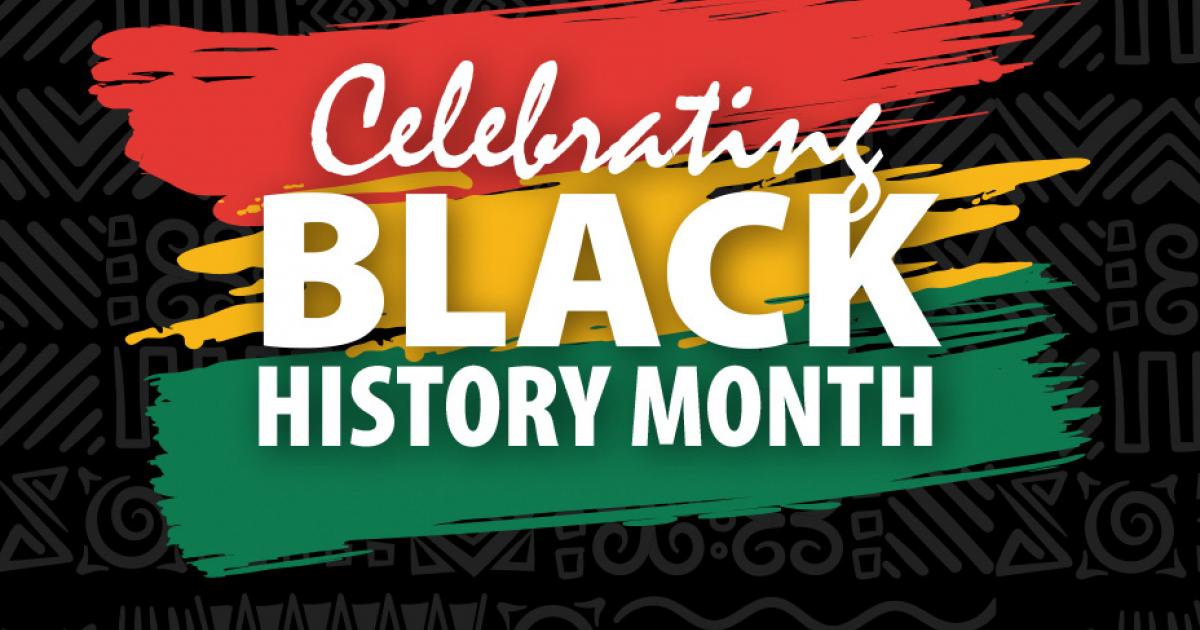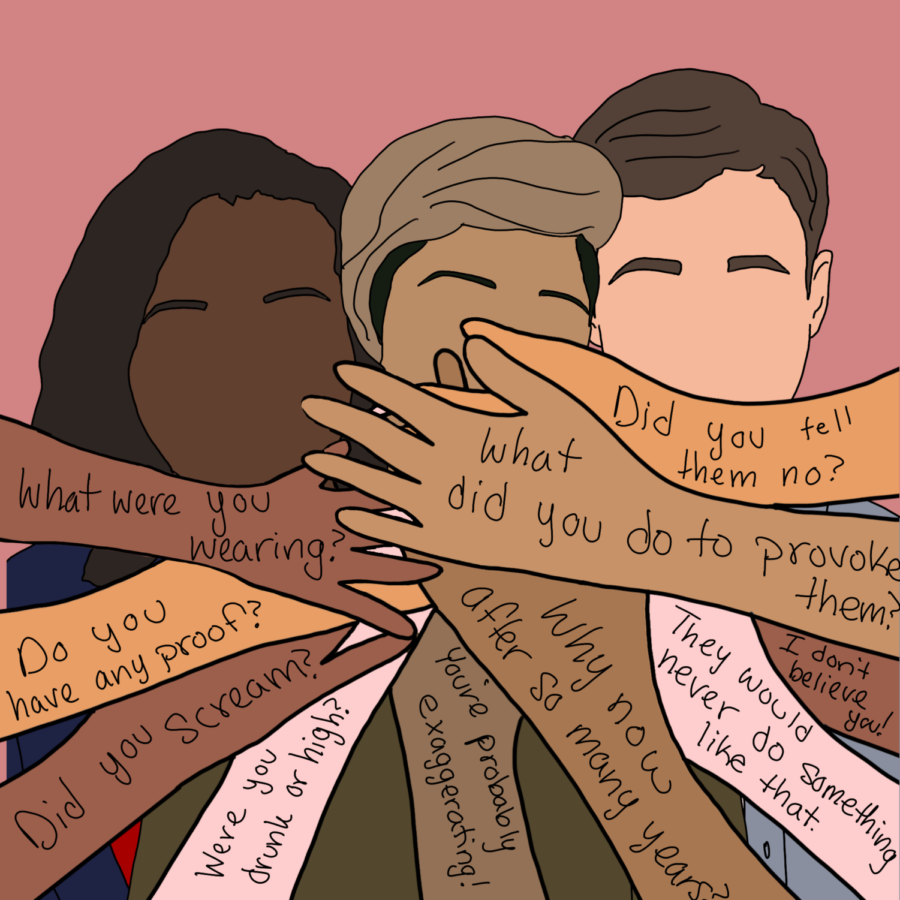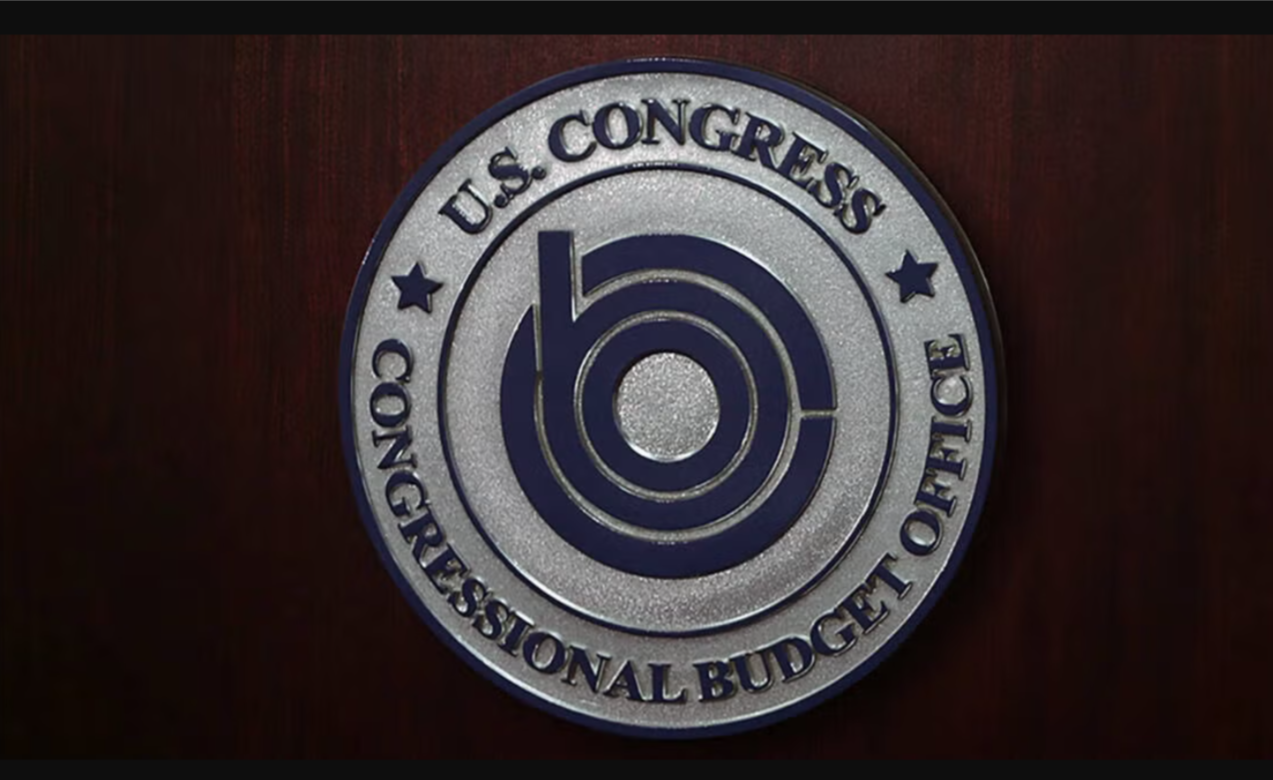(ThyBlackMan.com) When I published the last blog, “Can White People Play the Blues?”, the reactions were immediate, varied and extreme. What was most interesting to me is the range of reactions of those (mostly white) people who were clearly offended by the mere question. When the blues was a young art form, there was no need to ask the question, since very few white people valued Black music or were even aware of it. Fast forward one hundred years later to the present and we see white people all over the globe playing blues. There are thousands who play it very well and earn good money doing it. However there are also many Black, white and others, fans of the art form for whom the Black expression of the blues is preferred. The essay I wrote addressed what many in the blues music industry did not want to talk about, at least publicly. As usually happens when one addresses the elephant in the room, a host of other issues came up which provided a window into the thinking of those who left their comments. Here I will discuss some these reactions, the issues that they raise and what this means in terms of perceptions of Black people, their history and culture.
 singing are different. There is a difference between expert playing and mimicking the vocal styles of a culture, trying to sing ‘black.’ One is much easier than the other. So what is the solution? Play music but respect the origin and don’t deny the history. Be yourself and express yourself. You can’t run from who you are; your individual, family and cultural history matter. The ancients taught man to ‘know thyself’. An unnamed old bluesman once put it another way, “whoever you is, be dat.” Play what you want, but be who you are. And don’t forget to respect the source.
singing are different. There is a difference between expert playing and mimicking the vocal styles of a culture, trying to sing ‘black.’ One is much easier than the other. So what is the solution? Play music but respect the origin and don’t deny the history. Be yourself and express yourself. You can’t run from who you are; your individual, family and cultural history matter. The ancients taught man to ‘know thyself’. An unnamed old bluesman once put it another way, “whoever you is, be dat.” Play what you want, but be who you are. And don’t forget to respect the source.Record companies, promoters, booking agents, audiences, blues societies and organizations are and have been overwhelmingly white since the very beginning of the ‘race record’ (music marketed to Black people) industry. Today, when white promoters advertise a blues act, they don’t have to do any direct advertisement to the Black blues lovers in their locality. This is because in most blues markets, it is the tastes of the white fans that determine financial success. The only blues market where Black people make up a majority of the fan base is in the deep south, where ‘soul blues’ artists like Johnny Taylor, Bobby Rush, and Denise LaSalle still enjoy a strong following among Black people. Obviously, the music these artists make still speaks to the reality of the Black audience, or they would not support it. Yet, people still repeat the claim that ‘Black people don’t play the blues anymore’ to justify their assertion that white people ‘saved’ the blues.
But this smaller (Black) blues market exists within a much larger blues industry in which Black artists and audiences are no longer the majority. And this larger blues music industry caters to the tastes of those (mostly white people) whose dollars keep it running. So in light of this reality, where does the anxiety over ‘ownership’ come from? Since white people already make up a large majority of the blues’ buying public, and are in decision-making positions throughout the industry, why the controversy over the opinion of one Black musician? Black people have no real ownership in the blues music industry, having a position more akin to a sharecroppers who produce the crop but who have no economic power or control over the industry. For decades, large, white-owned record companies have made millions selling Black people their own music. We don’t need to chronicle the historic exploitation of Black musicians here; that has already been done elsewhere. The point is that economic control is not enough. There are those who also want to dictate to Black people who is or is not ‘blues’ enough, or who has the ‘right’ to play the music, according to their standard.
They are the self-appointed gate-keepers, now that Black people ‘don’t play the blues anymore.’ In this environment, the ‘objective’ word of a white ‘blues expert’ or ‘blues scholar’ is given more weight than the Black musician who actually lived the life and plays the music. Blues scholarship in this way becomes another effective instrument of control by having the ‘final’ word on what is essentially a Black story. This was made very clear when at one point in the lengthy thread on social media, a commentator bemoaned the absence of any ‘certified’ blues ‘scholar’ who could settle the debate once and for all. As the ancient Afrikan saying goes, “until the lion tells his tale, stories of the hunt will always glorify the hunter.” In the years to come, the lions will tell our story. It is our responsibility to the next generation.
Only a culture obsessed with control will demand submission to its interpretation of the music above all other viewpoints. A culture that has its roots in treating Black people as property, servants, wards or inmates to be managed will be predisposed to take the same attitude towards the music, reserving the sole right of definition and calling all the shots, now that the music ‘belongs to everybody.’ Obviously, when Black people claim the blues as their particular cultural heritage, this is a threat to the claims of those in the ‘everybody’ camp because it is a direct challenge to their whitewashed reality. In terms of power, it represents a loss of control on the psychological level. The history of the blues as it is interpreted by white people does need a Black presence to validate it. But this must be in the service of the new narrative, in which white people wield the power in the blues industry as the decision-makers, promoters, agents, record companies, audiences, musicians and singers.
This means that in today’s blues music industry, Black people are seen, their music is loved, but their voices are not heard unless they agree with the narrative that says it belongs to ‘everybody.’ Anyone who challenges the ‘everybody’ camp (such as the author) is threatened with being blacklisted. But if it belongs to everybody, then why can’t any Black person declare that ‘blues is Black music’ without a severe backlash? Is this is the same ‘everybody’ who said the Indians land was open to all because the Red man didn’t put up fences everywhere? One commentator to blog post wrote, “I don’t believe that anyone can own land. It scares me to think that there are still people out there who think that there could ever be an original owner of any land.” This man must be scared out of his mind all of the time.

















Leave a Reply